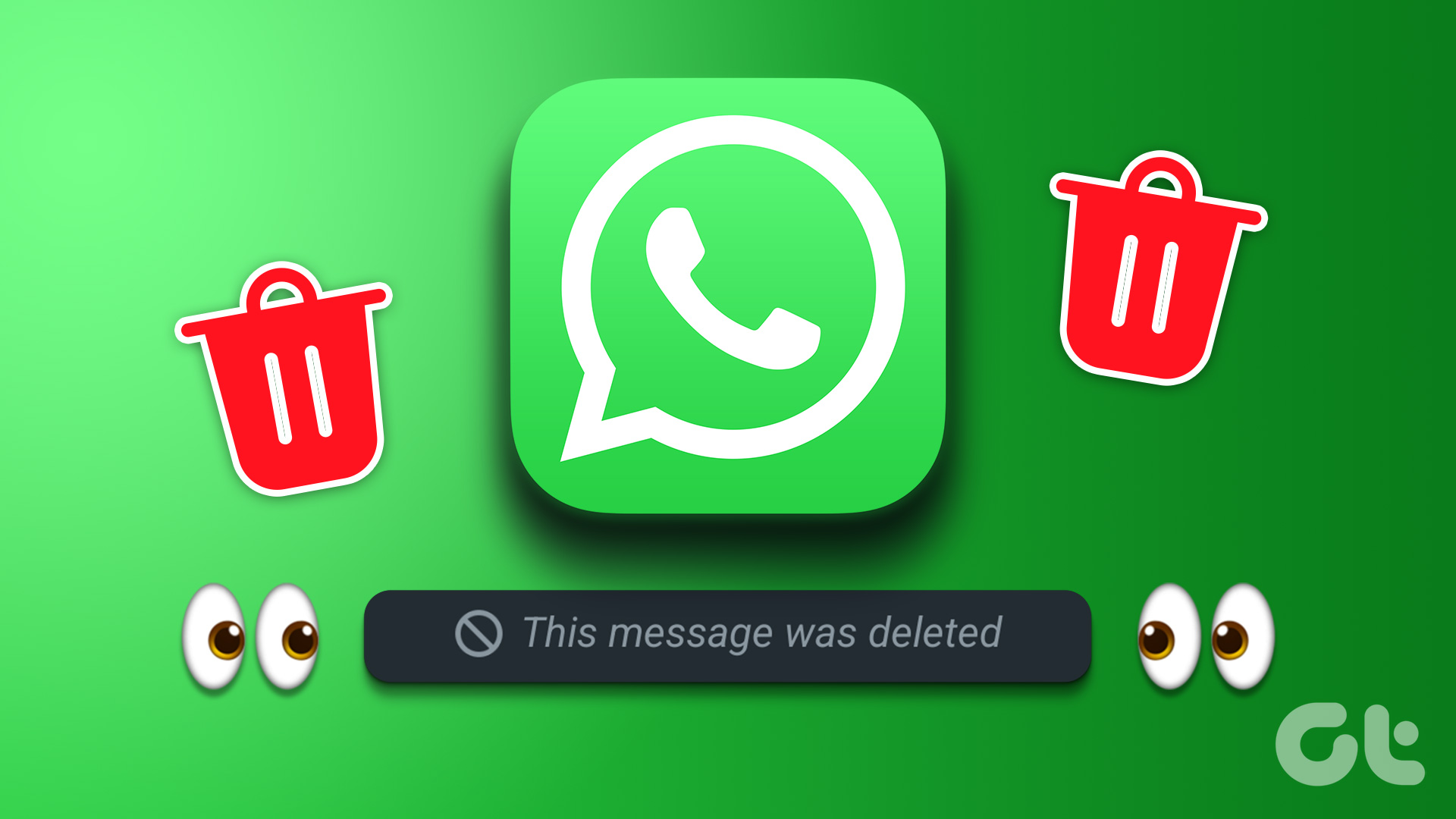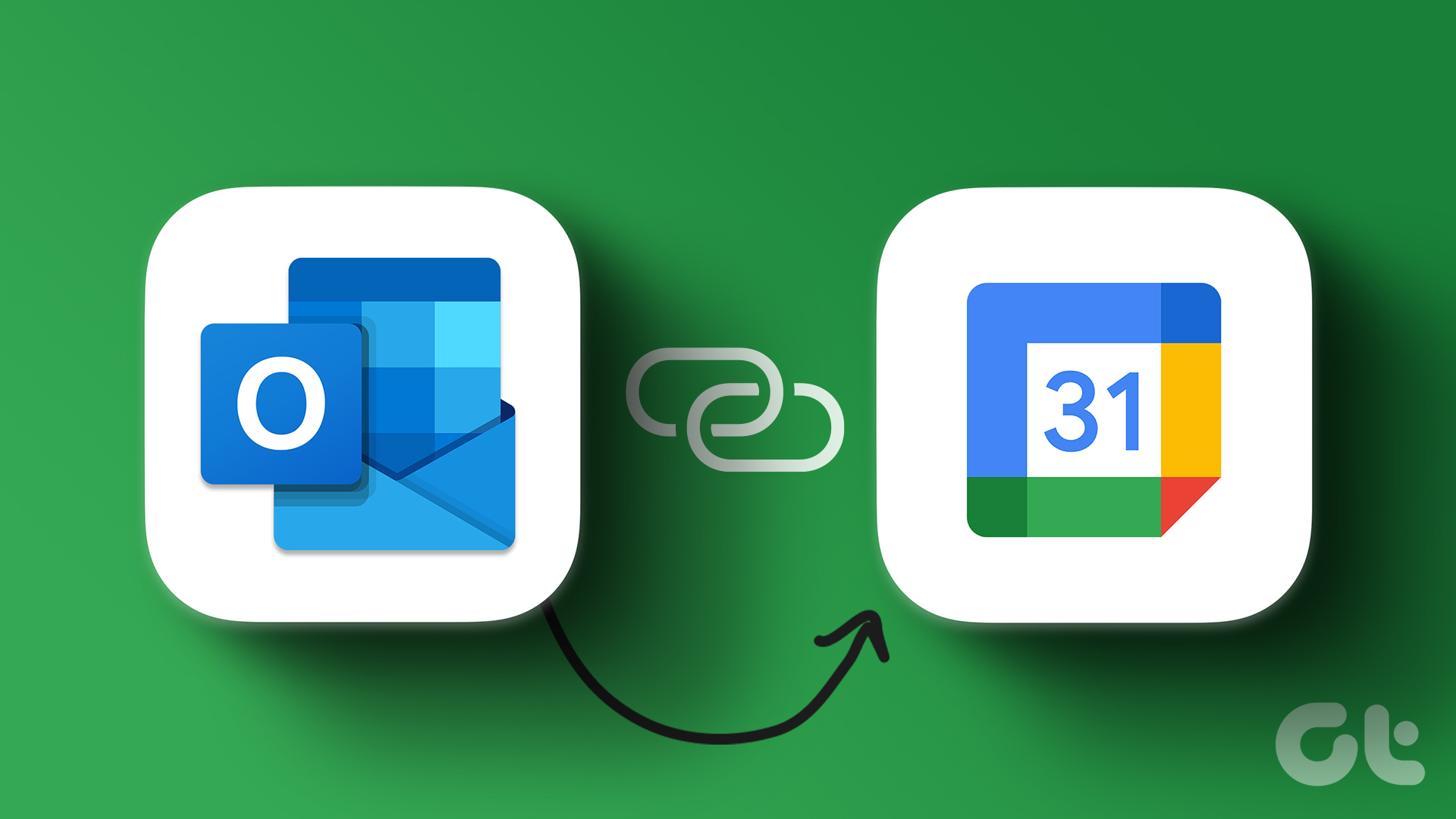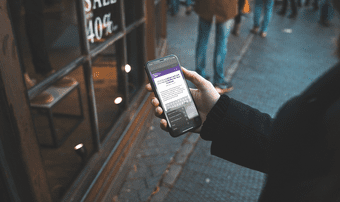This article is all about a solution to bringing your online calendar to your desktop such that you may work along without a browser. We are going to show three methods/tools with the help of which you can bring your Google Calendar to your desktop.
Integrate Google Calendar with Windows Live Mail or Outlook
There is a nifty way (though not a direct one) to integrate your Google Calendar with Windows Live Mail if you have a Hotmail/Live ID registered for yourself. Our detailed article here will tell you how to do that. It is a one way sync process but turns out to be really handy if you want a central repository of your appointments. If you are an Outlook user you may create a similar setup by using Google Calendar Sync that communicates with your Outlook configuration and downloads your calendar details.
GMinder as a Desktop Client
GMinder works as a client service to download all your details from Google Calendar such that you don’t always have to be online to access them. Download the application and set up your Google account details. Once done, you will be able to click on the Download button and sync all your data. If you have an ICAL address then you may add other calendars as well. Besides, the tool lets you set up desktop reminders and pop-ups through Options (right click on system tray icon). You may also clear past events, refresh to download the latest or add one from your desktop. The tool is pretty simple to use and you will be able to figure out other settings by yourself.
Google Calendar Windows Client
This tool is a typical Google Calendar client and uses your ICAL address to access your calendar details. Once you have the tool up and running you may add your calendars to it. Click on the Add button on the Calendars tab. You will be asked to enter calendar URL and give it a name. You may also set up global Preferences like auto load calendar on startup, set reminders and save calendar for offline use.
Conclusion
The first one is a more general solution whereby you may include your Google Calendar among others in your email client. Other two are a solutions specific to Google Calendar. Give each one a try and tell us which fits you the best. The above article may contain affiliate links which help support Guiding Tech. However, it does not affect our editorial integrity. The content remains unbiased and authentic.














